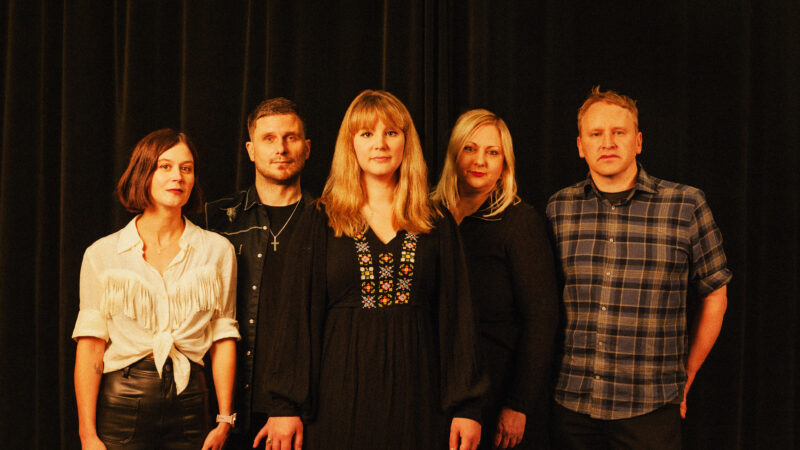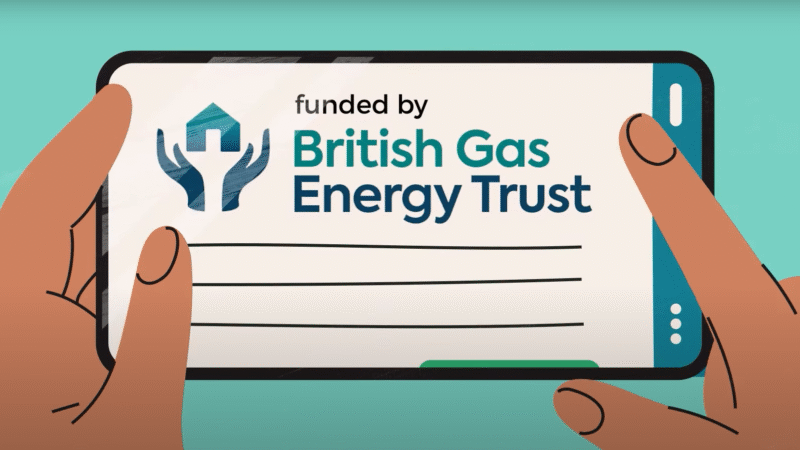Leaders at COP28 must protect human rights by phasing out fossil fuels and pressing for UAE reforms

Leaders at the COP28 climate summit in the United Arab Emirates (UAE) must place human rights at its heart by agreeing to rapidly phase out fossil fuels, ensure civil society’s full and free participation in the meeting, and press the Emirati government to release dissidents from jail, said Amnesty International, ahead of its Secretary General Agnès Callamard’s participation at the conference.
“At this time of extreme turmoil, with our thoughts on responding effectively to people’s sufferings in Gaza and Israel, Sudan and too many other parts of the world, it might be tempting to delay dealing with the climate crisis. This would be wrong. Inaction, when our climate is heating at an unprecedented rate and the rights of billions of people are at stake, is not an option,” Agnès Callamard said.
“Leaders at COP28 must defy the fossil fuel lobbyists and steer us away from a deepening climate and human rights catastrophe. The only sure way to avert this calamity is for states at COP28 to agree on rapidly ending the production and use of fossil fuels, helping those worst affected by climate change to recover from loss and damage, and accelerating a just transition to renewable energy.
“Upholding the rights to freedom of expression, peaceful assembly and association are essential to reaching these objectives in the context of an inclusive climate summit. These are also crucial human rights obligations for the UAE.
“We are calling on all participants to press the United Arab Emirates to ensure the full, free and fair participation of civil society, and to undertake meaningful human rights reforms beyond COP28.
“These reforms must also include the release of all Emirati dissidents, ending arbitrary detention and unfair trials, halting all unlawful digital surveillance, and decriminalizing same sex relationships.
Amnesty International is concerned that the fossil fuel industry, which delivers enormous wealth to relatively few people, will try to stifle meaningful progress at COP28. The summit’s president, Sultan Al Jaber, also heads ADNOC, the UAE’s state oil company, heightening concerns that COP28 has been captured by fossil fuel interests before it has even begun. He should resign from his role with ADNOC, which is a brazen conflict of interests and undermines the summit’s credibility.
The fossil fuel industry and many states want business as usual and are aiming to greenwash us into falsely believing that unproven technical solutions with the potential to cause environmental damage, such as carbon capture and storage, are the answer to global warming.
Many of the largest oil and gas companies, with the support of governments around the world, plan to expand production, on the premise that these unproven solutions will magic away the problem sometime in the future. This must be resisted. Governments are obligated to commit to meaningful action to protect our human rights, not ill-conceived strategies to protect profits for the wealthy few who benefit most from the fossil fuel industry.
Continuing to exploit oil, fossil gas or coal will further warm our overheating world, causing more devastation and prolonging suffering. All untapped fossil fuel resources must stay in the ground forever with urgent action needed to make an equitable transition to sustainable sources of energy. COP28 must also reaffirm its commitment to try and limit the global temperature rise this century to 1.5°C to avoid the worst impacts of climate change.
Climate chaos and loss and damage
2023 is on track to be by far the hottest year ever recorded. The damage from global warming is increasingly obvious and leading to an increase in the frequency and severity of extreme weather, and intensifying slow-onset events like drought, desertification and sea-level rise.
The world may be at a tipping point where droughts are followed by wildfires, unlocking vast amounts of carbon dioxide that would otherwise remain in the environment, further heating the atmosphere. Air quality is deteriorating, and air pollution linked directly to fossil fuels killed 1.2 million people in 2020.
Harvests and ecosystems are affected, food and water scarcity has increased, contributing to more competition for resources, displacement, migration and conflict. Tens of millions of people are suffering, and the rights of billions are threatened.
Amnesty International’s 2023 Write for Rights global campaign is supporting Uncle Pabai and Uncle Paul, community leaders from the Guda Maluyligal Nation in the Torres Strait at the northernmost part of Australia, whose islands and livelihoods are being wrecked by climate change.
The consequences of climate change are devastating for people like Uncle Pabai and Uncle Paul, and the ecosystems on which many vulnerable communities like theirs depend. Livelihoods, as well as ways of life and culture of communities all over the world, are being destroyed.
Last year’s COP agreed to establish a loss and damage fund to help remedy harms inflicted on those bearing the brunt of the suffering climate change is causing. Since then, a debate about how the fund should be managed has dragged on while the suffering it was meant to alleviate has increased.
Earlier this month states finally reached an outline agreement, including making the World Bank the interim host of the fund for four years, which is due to be adopted at COP28.
Agnès Callamard said: “We urge the World Bank to clarify whether it can commit to the safeguards agreed recently as all developing states and affected communities must be able to access the fund, which the World’s Bank’s usual, more restrictive, conditions would not allow.”
“We ask that industrialized states that have the greatest historical responsibility for emissions, as well as others including high-income fossil fuel producing countries, quickly deliver funds at the scale needed so that the Loss and Damage Fund can begin helping people in urgent need.”
Climate justice
A fossil fuel free future is essential to humanity’s survival. Yet many states remain in thrall to, and even subsidize, fossil fuel businesses. State subsidies to an industry which is blighting lives must be terminated, and much greater investment delivered to speed the transition to renewable energy.
“Developed” nations, which have historically been the largest emitters of greenhouse gases, previously pledged to provide US$100 billion a year by 2020 to help nations without adequate resources to adapt to and mitigate the impacts of climate change. This commitment was missed, so developed nations and high-income fossil fuel producing states at COP28 must present a clear plan that will not only make good the existing shortfall, but also substantially increase their future contributions, and provide it primarily through grants rather than loans.
If delegates have the vision and the determination to defy the fossil fuel lobby, then COP28 could set a course to rapidly end the use of fossil fuels and help enable a just transition to renewable energy which is accessible to all.
A human rights-based approach, which respects and fulfils the right to a clean, healthy and sustainable environment will save innumerable lives and stave off a global crisis that does not respect national borders. It will improve health, and the rights to life, education and health. COP28 delegates must seize this opportunity to help deliver effective climate action by protecting human rights.
Background
COP28 runs from 30 November to 12 December and brings together more than 190 states and parties to address the climate crisis. Amnesty International has published a formal advocacy briefing for COP28. Agnès Callamard will be at COP28 from 1 to 6 December as part of an Amnesty International delegation which will be present throughout the event.






